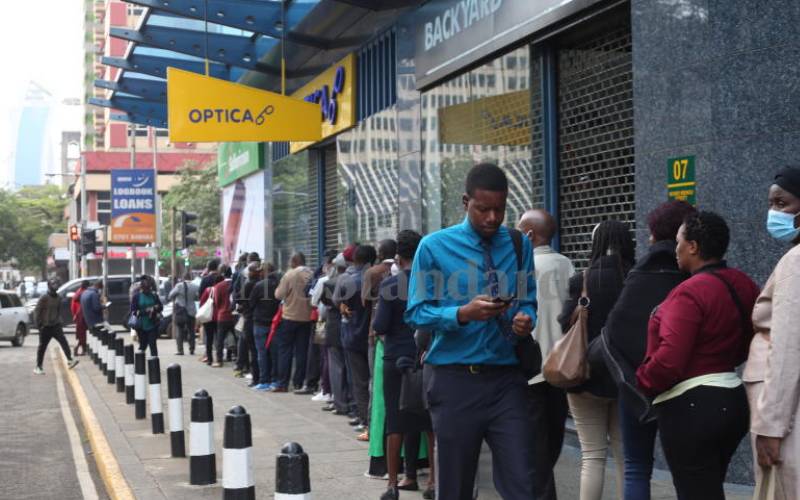×
The Standard e-Paper
Smart Minds Choose Us

For years, the adoption of mobile phones in Kenya has been hailed as a success story and an indicator that the country is on the cusp of digital transformation.
The latest data from the industry regulator Communications Authority of Kenya (CA) indicates that the number of mobile phone subscribers in the country stood at 65.08 million as of December 2021, giving the country a 133 per cent mobile penetration rate.